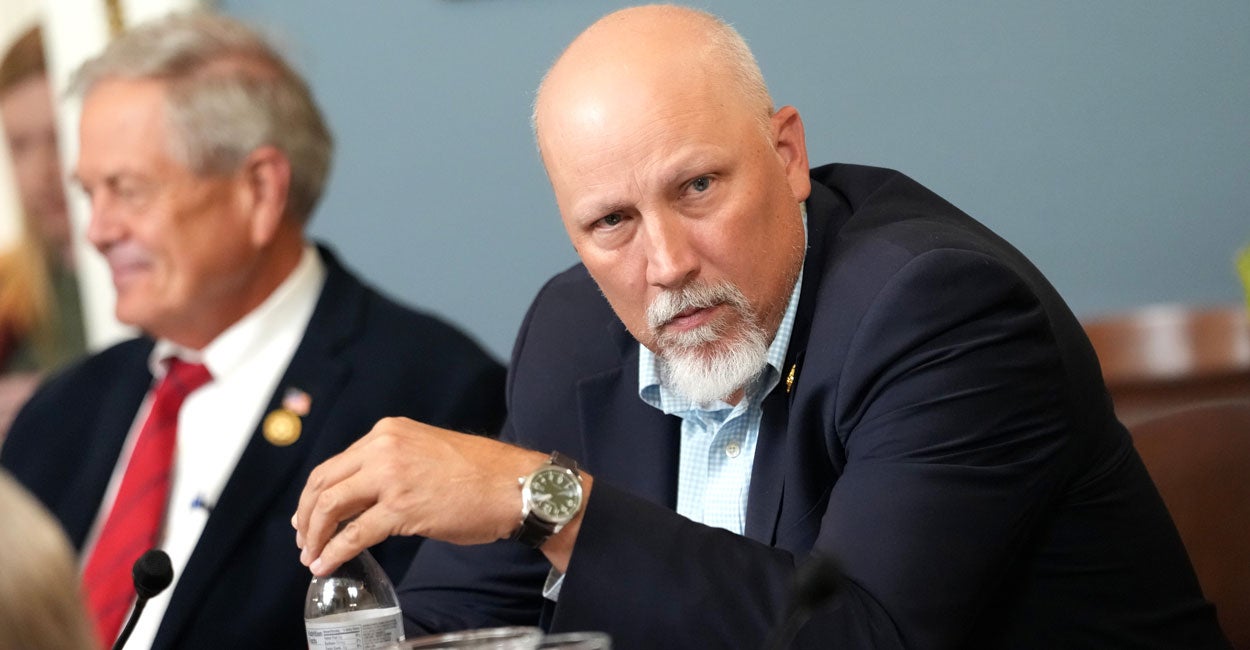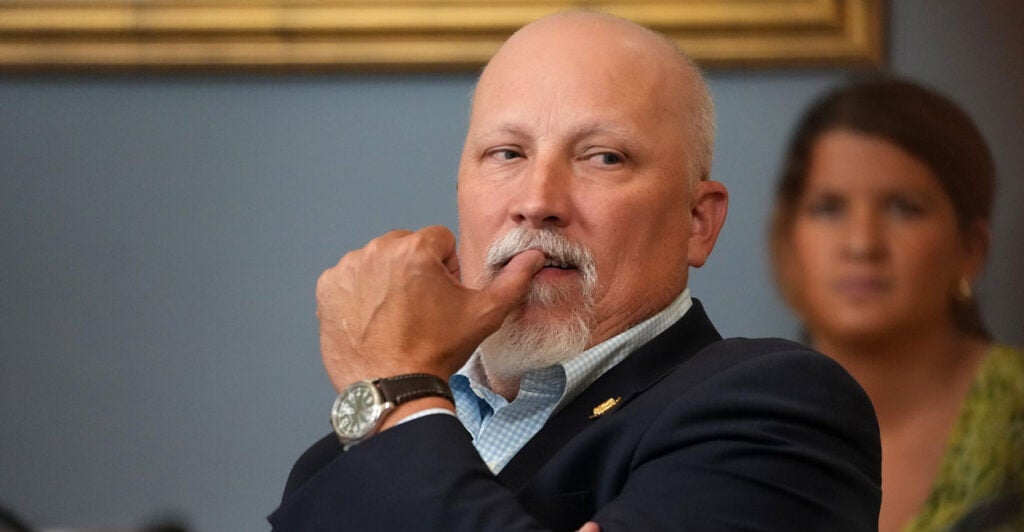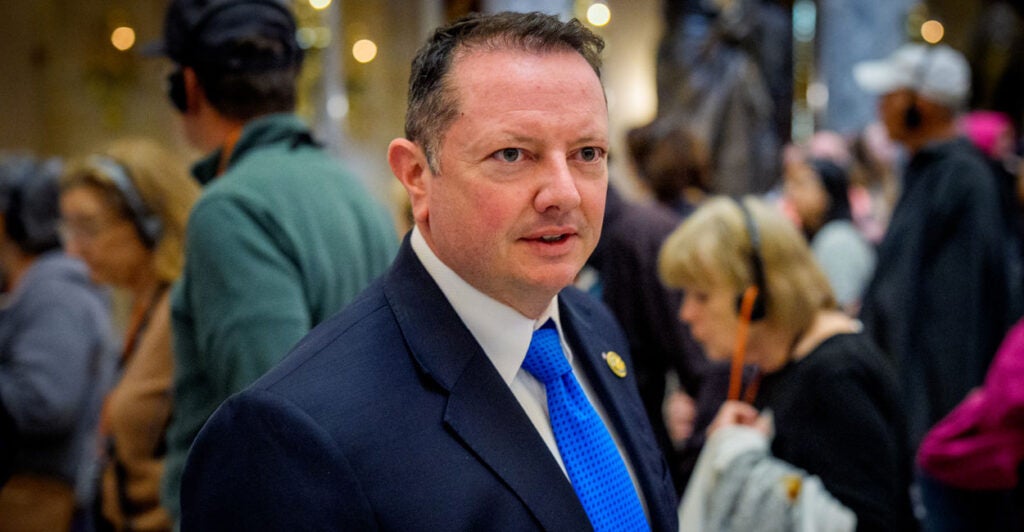


The House Freedom Caucus has for years been a major force on Capitol Hill, with its members picking frequent policy fights in their push for more fiscally and socially conservative legislation.
But as almost a half dozen of its most prominent members seek office back home and away from Congress, those departures will alter the lineup of the caucus, which fought for additional spending cuts in the “big, beautiful bill” and has been the fiscal conservative vanguard for a decade in the House of Representatives.
Here’s how the caucus will change as some of its biggest names return to their home states.
So far, three Freedom Caucus members are running for governor back home: Reps. Andy Biggs in Arizona, Byron Donalds in Florida, and Ralph Norman in South Carolina. Last week, Rep. Chip Roy of Texas announced his bid for state attorney general, and Rep. Barry Moore, R-Ala., recently launched a run for elevation to the Senate.
House Freedom Caucus spokeswoman Anna Adamian told The Daily Signal that the caucus intends to continue with business as usual after the departures.
“For a decade, HFC has led the charge for limited government, fiscal sanity, and constitutional conservatism. That legacy continues,” she said in a statement.

Adamian additionally characterized the departures as a boon for the conservative faction, saying, “Our departing members have done tremendous work advancing conservative priorities on Capitol Hill—and now, they’ll carry that fight into leadership roles across the country, strengthening the movement in new arenas.”
Adamian also said that there are “many rising stars within the HFC ready to take up the mantle and continue driving the conservative agenda forward.”
In the 2024 elections, the caucus added Rep. Mark Harris of North Carolina and Brandon Gill of Texas to its ranks.
She continued, “While faces may change, our principles remain the same and will continue to echo through each legislative battle and every hard-won victory on Capitol Hill.”

However, the departing members are some of the most prominent media figures for the House Freedom Caucus, and their absence is sure to be felt. Both Norman and Roy serve on the House Rules Committee, the last stop before a bill comes to the floor and a source of influence for the caucus.
Additionally, Roy and Donalds are two of the Republican conference’s most well-known and media-savvy members.
Biggs, another of the most recognizable faces in the caucus, formerly chaired it and has been a force to reckon with in the House, picking up dozens of votes in a bid to become speaker of the House in 2023.
Of course, the departures are not without precedent. Republican Florida Gov. Ron DeSantis was a founding member of the Freedom Caucus and left his seat in Congress in 2018 to run for governor of the Sunshine State. Mark Meadows of North Carolina, who was chairman of the caucus and a founding member, left Congress to become White House chief of staff in 2020.
Both have gone on to become major figures on the national stage outside of Congress, and Meadows is currently in a leadership role at the Conservative Partnership Institute, a prominent Washington conservative education and advocacy group.
If the caucus wants to pick up some new members after it loses almost a half dozen of its star players, the 2026 midterm cycle could provide ample opportunities to do so.
In Texas, a redistricting bill is poised potentially to flip five seats red in the House of Representatives. In Indiana and Missouri, similar redistricting efforts appear to be in the works in their Republican-dominated state legislatures. Additionally, Florida Gov. Ron DeSantis has expressed openness to redistricting, and Ohio is required by law to redraw its districts this year.
These efforts, in addition to other possible pickups in the midterms, could produce new Freedom Caucus members.

The caucus will retain its chairman, Rep. Andy Harris, R-Md., and has a number of relatively new members who have become prominent voices, such as Reps. Eric Burlison, R-Mo., and Keith Self, R-Texas.
